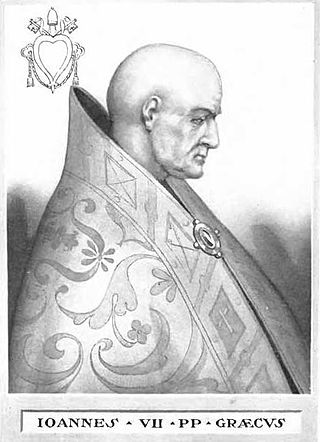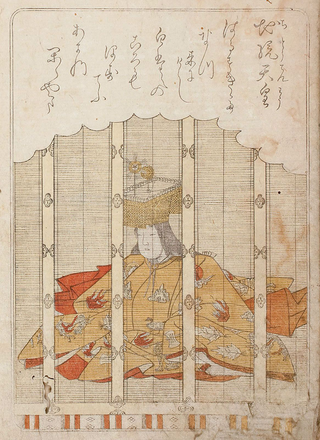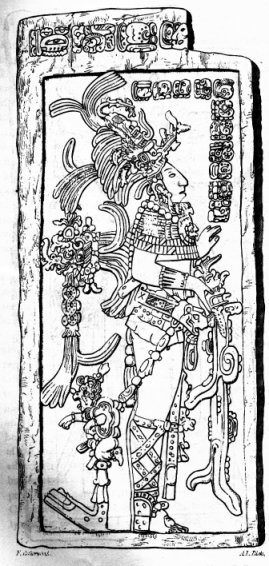The 800s decade ran from January 1, 800, to December 31, 809.
The 820s decade ran from January 1, 820, to December 31, 829.
The 830s decade ran from January 1, 830, to December 31, 839.
The 840s decade ran from January 1, 840, to December 31, 849.
The 700s decade ran from January 1, 700, to December 31, 709.

Year 710 (DCCX) was a common year starting on Wednesday of the Julian calendar. The denomination 710 for this year has been used since the early medieval period, when the Anno Domini calendar era became the prevalent method in Europe for naming years.
The 660s decade ran from January 1, 660, to December 31, 669.
The 670s decade ran from January 1, 670, to December 31, 679.
The 690s decade ran from January 1, 690, to December 31, 699.

Year 806 (DCCCVI) was a common year starting on Thursday of the Julian calendar, the 806th year of the Common Era (CE) and Anno Domini (AD) designations, the 806th year of the 1st millennium, the 6th year of the 9th century, and the 7th year of the 800s decade.

Year 837 (DCCCXXXVII) was a common year starting on Monday of the Julian calendar.

Year 856 (DCCCLVI) was a leap year starting on Wednesday of the Julian calendar.

Year 705 (DCCV) was a common year starting on Thursday of the Julian calendar, the 705th year of the Common Era (CE) and Anno Domini (AD) designations, the 705th year of the 1st millennium, the 5th year of the 8th century, and the 6th year of the 700s decade. The denomination 705 for this year has been used since the early medieval period, when the Anno Domini calendar era became the prevalent method in Europe for naming years.

Year 709 (DCCIX) was a common year starting on Tuesday of the Julian calendar. The denomination 709 for this year has been used since the early medieval period, when the Anno Domini calendar era became the prevalent method in Europe for naming years.

Year 703 (DCCIII) was a common year starting on Monday of the Julian calendar, the 703rd year of the Common Era (CE) and Anno Domini (AD) designations, the 703rd year of the 1st millennium, the 3rd year of the 8th century, and the 4th year of the 700s decade. The denomination 703 for this year has been used since the early medieval period, when the Anno Domini calendar era became the prevalent method in Europe for naming years.

Year 702 (DCCII) was a common year starting on Sunday of the Julian calendar, the 702nd year of the Common Era (CE) and Anno Domini (AD) designations, the 702nd year of the 1st millennium, the 2nd year of the 8th century, and the 3rd year of the 700s decade. The denomination 702 for this year has been used since the early medieval period, when the Anno Domini calendar era became the prevalent method in Europe for naming years.

700 (DCC) was a leap year starting on Thursday of the Julian calendar, the 700th year of the Common Era (CE) and Anno Domini (AD) designations, the 700th year of the 1st millennium, the 100th and last year of the 7th century, and the 1st year of the 700s decade. As of the start of 700, the Gregorian calendar was 3 days ahead of the Julian calendar, which was the dominant calendar of the time.

Year 655 (DCLV) was a common year starting on Thursday of the Julian calendar. The denomination 655 for this year has been used since the early medieval period, when the Anno Domini calendar era became the prevalent method in Europe for naming years.

Year 698 (DCXCVIII) was a common year starting on Tuesday of the Julian calendar. The denomination 698 for this year has been used since the early medieval period, when the Anno Domini calendar era became the prevalent method in Europe for naming years.

Year 678 (DCLXXVIII) was a common year starting on Friday of the Julian calendar. The denomination 678 for this year has been used since the early medieval period, when the Anno Domini calendar era became the prevalent method in Europe for naming years.












